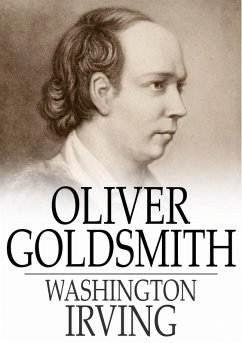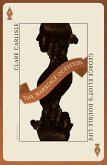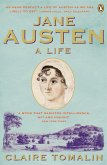Washington Irving, whom many describe as one of the first fiction writers to forge a distinctively American sensibility in his work, had a lifelong love of the work of Oliver Goldsmith, an Anglo-Irish poet and novelist. Over a period of years, Irving expanded a brief biography he had written about Goldsmith into this comprehensive work that is lauded for its depth and insight.
Dieser Download kann aus rechtlichen Gründen nur mit Rechnungsadresse in A, B, BG, CY, CZ, D, DK, EW, E, FIN, F, GR, HR, H, IRL, I, LT, L, LR, M, NL, PL, P, R, S, SLO, SK ausgeliefert werden.









